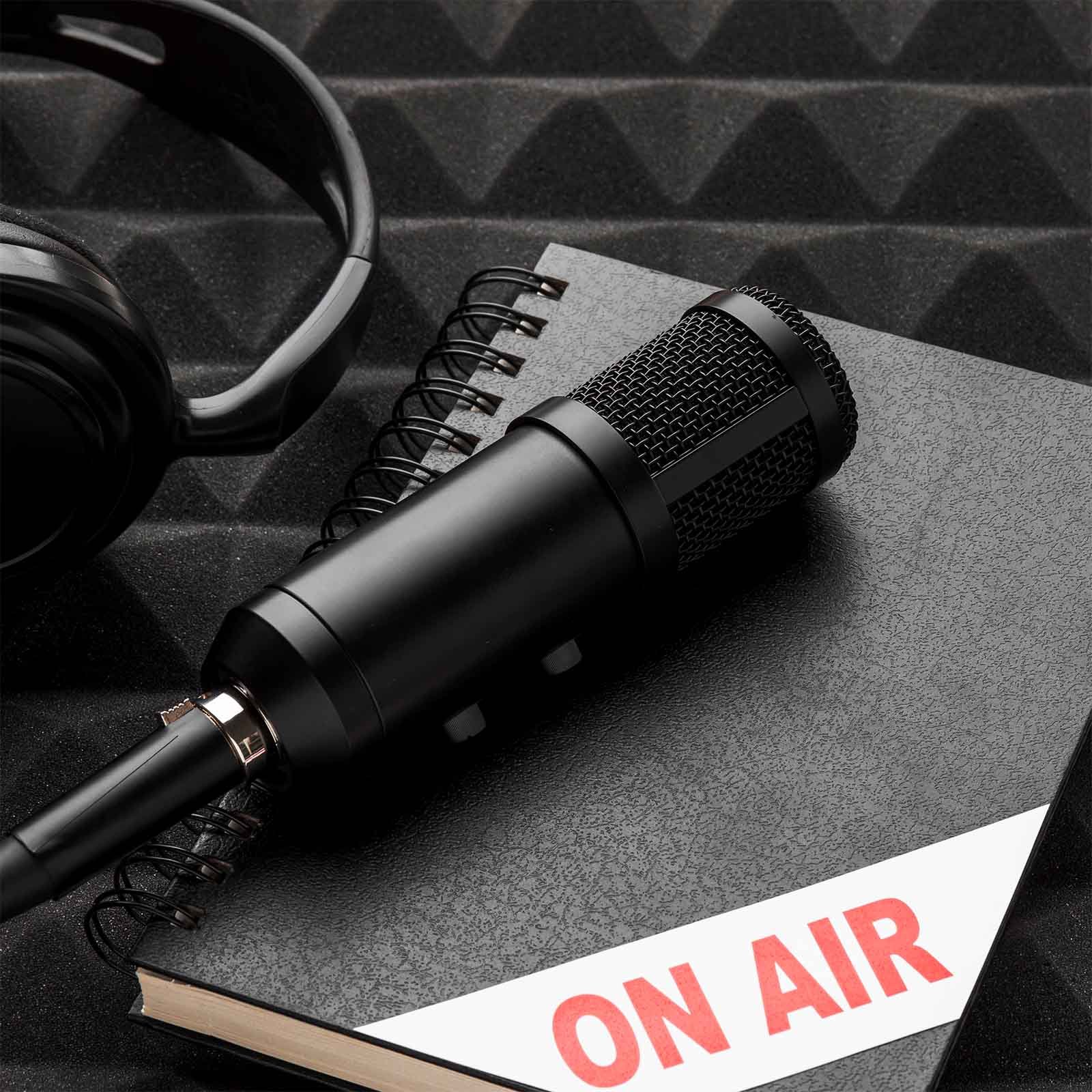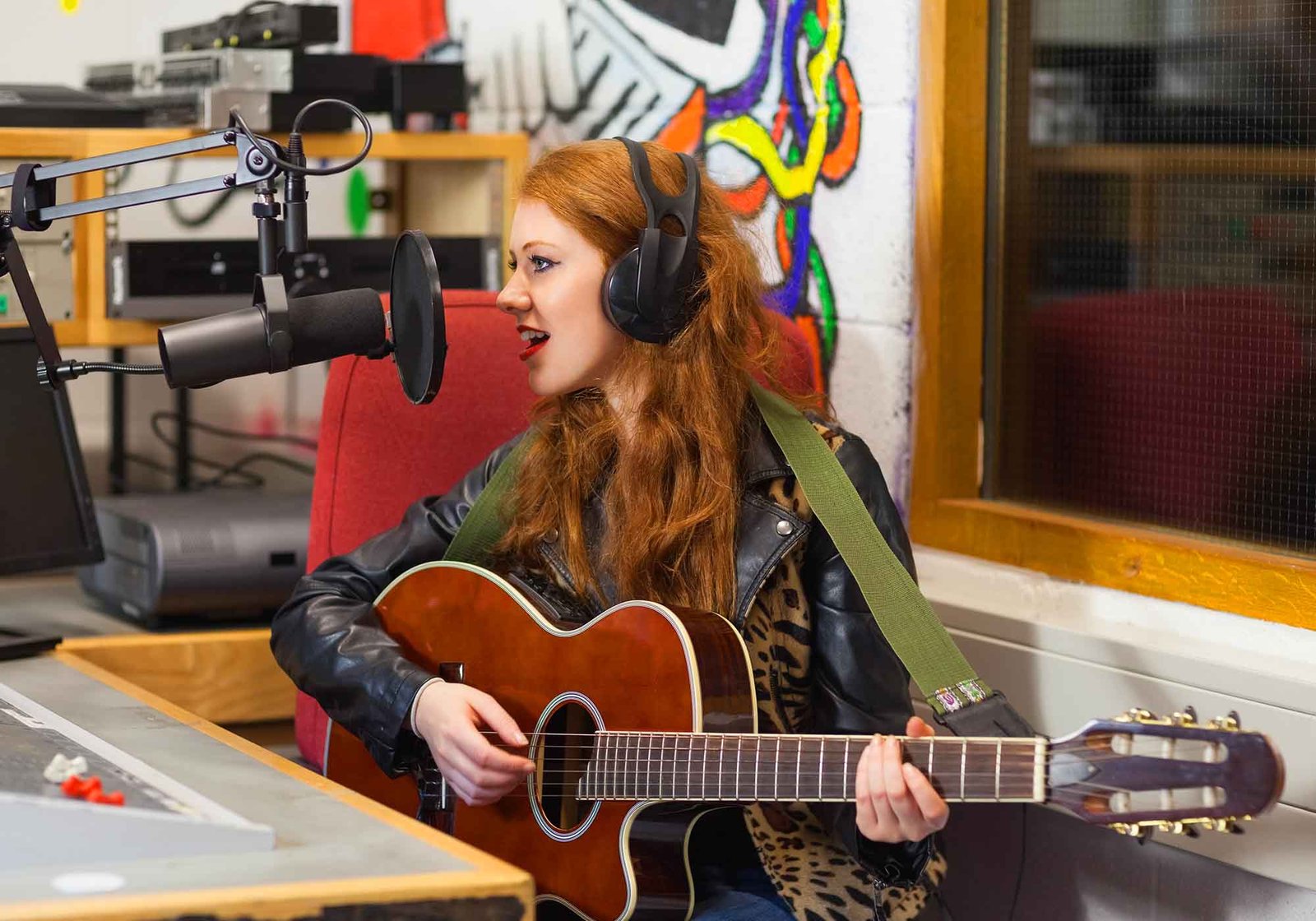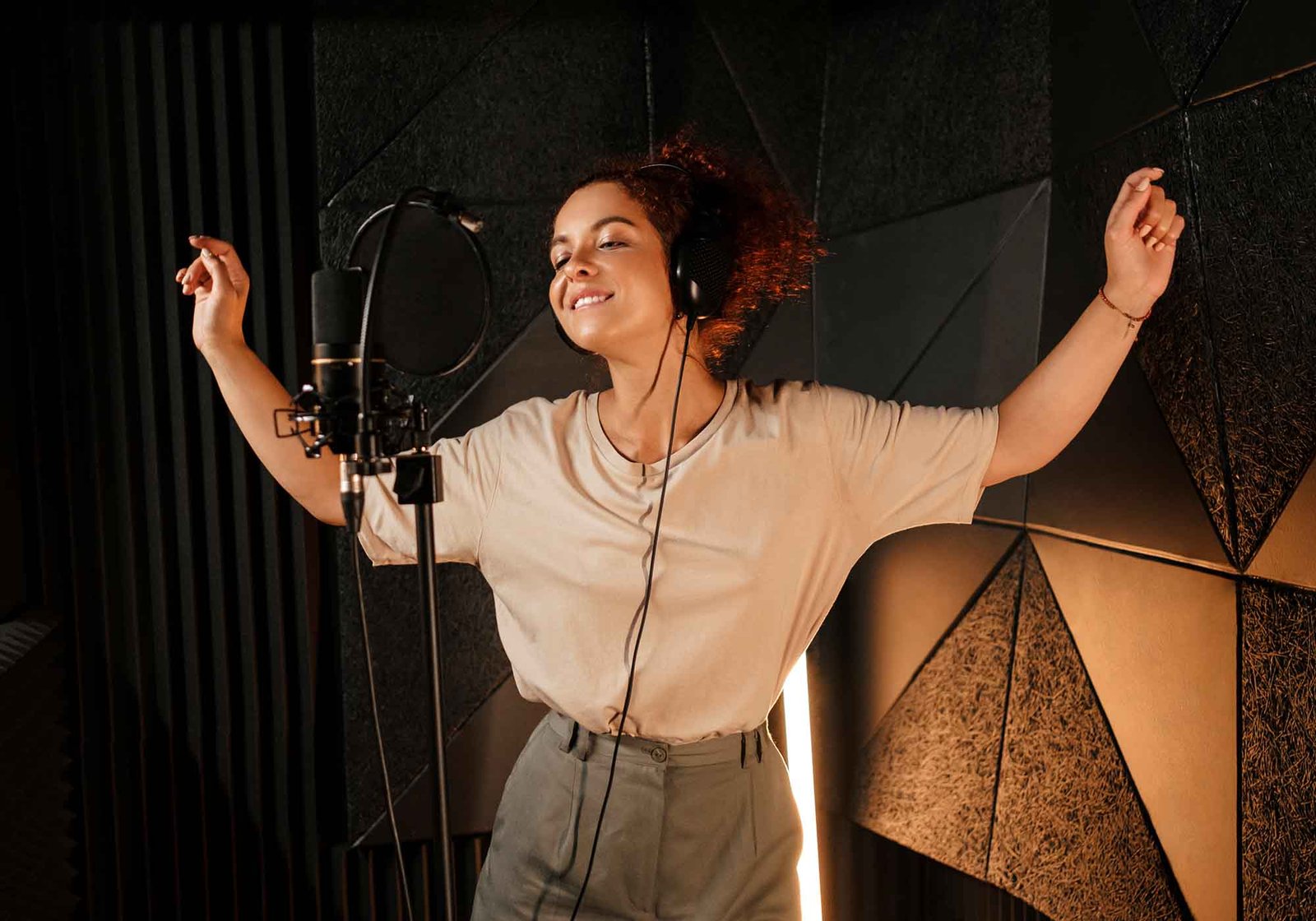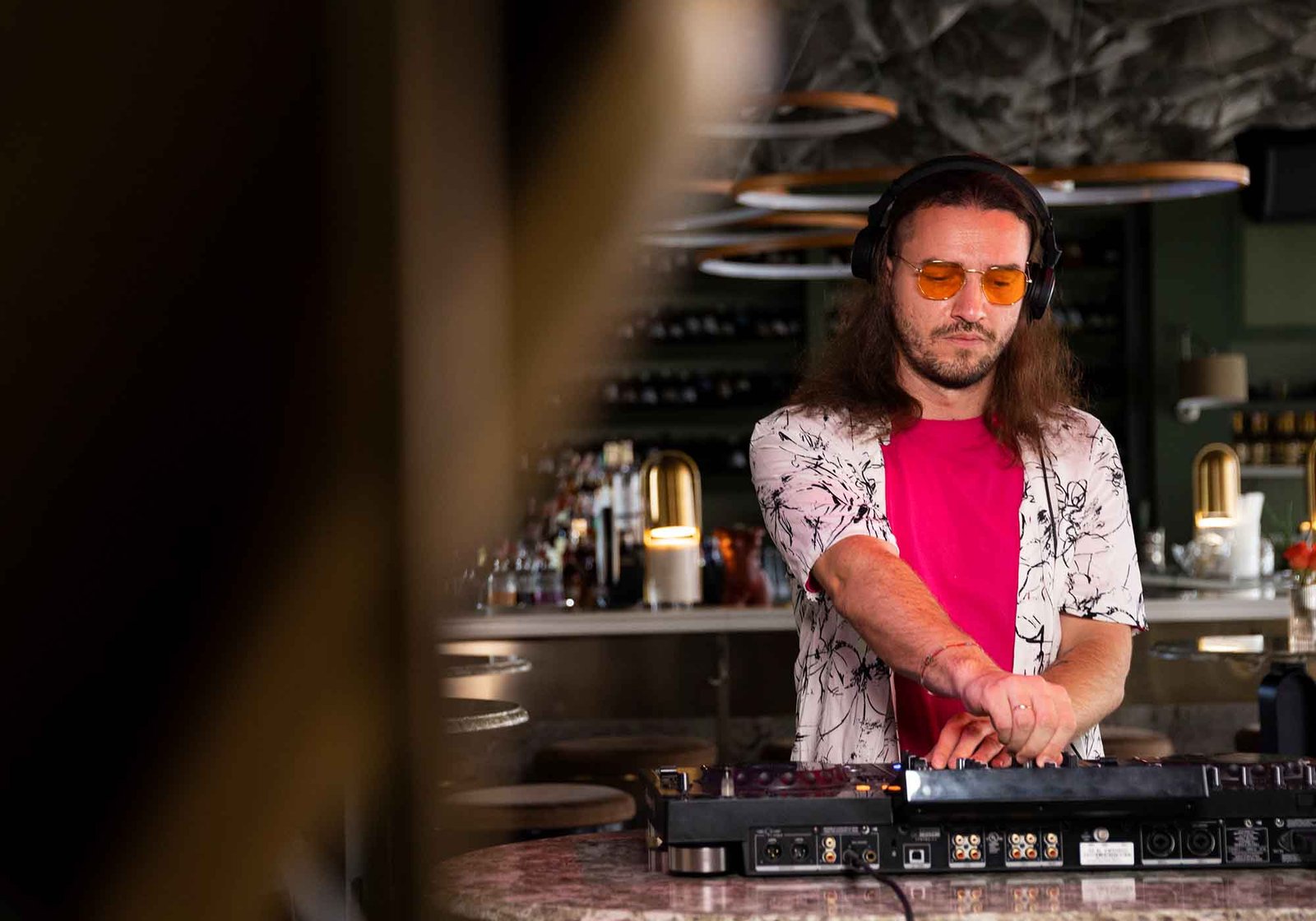Classical Music in 2025: A New Era of Innovation, Technology, and Audience Engagement
Classical music in 2025 is undergoing a profound transformation, propelled by technological advances, a new generation of artists and listeners, and a renewed focus on audience experience. Far from being a static art form, classical music is embracing change, blending genres, and reaching new audiences in unexpected ways.
Gen Z and Millennials Drive a Digital Renaissance
Younger audiences are at the forefront of classical music’s revival. Gen Z and millennials are engaging with the genre through concert films, livestreams, and viral video clips, turning classical music into both a visual and auditory experience. Platforms like TikTok and YouTube have become vital for discovery, with classical performances and behind-the-scenes content reaching millions. This surge in digital engagement is making classical music more accessible and relevant to a generation raised on social media.
Genre Fusion and Creative Experimentation
Contemporary classical artists are breaking down traditional boundaries by fusing classical music with jazz, pop, electronic, and folk elements. Composers like Caroline Shaw and David Lang exemplify this trend, creating works that blend intricate classical structures with modern sounds and storytelling. These hybrid genres are attracting broader, younger audiences and fostering deeper emotional connections.
Technology Reimagines the Concert Experience
Virtual reality (VR) is having its classical moment in 2025. Orchestras and ensembles are investing in VR concert halls, allowing audiences to experience front-row performances from home. Masterclasses and educational experiences are also moving into virtual spaces, making world-class instruction more accessible. Meanwhile, artificial intelligence (AI) is being used to reconstruct incomplete works, power smart practice tools, and surface forgotten repertoire, though new regulations are being implemented to ensure transparency and fair attribution.
Audience Experience Takes Center Stage
Classical organizations are rethinking every aspect of the audience journey, from ticketing and marketing to the concert hall experience itself. The goal is to create seamless, enjoyable, and memorable interactions—whether at a candlelight concert in an intimate venue or a major symphony hall. Some orchestras have even created dedicated roles, such as Director of Audience Experience, to unify and enhance patron engagement across all touchpoints.
The Rise of New Hubs and Accessibility
With major cultural capitals becoming less affordable, mid-size cities like Cincinnati and Kansas City are emerging as classical music hotspots, offering more experimental programming and launching new festivals. At the same time, ticket prices are stabilizing or dropping, with more pay-what-you-can and free concerts designed to attract diverse audiences post-pandemic.
Streaming, Social Media, and the Power of Niche
Streaming platforms and curated playlists are now essential for discovery, with neoclassical composers and crossover artists topping digital charts. Success is increasingly measured by audience engagement and community-building, rather than just viral hits. Classical musicians are learning to think like creators, leveraging digital strategies to build loyal followings and sustain careers.
Looking Ahead
Classical music in 2025 is vibrant, innovative, and more audience-driven than ever. With technology, genre fusion, and a focus on authentic experiences, the genre is not only surviving but thriving—attracting new listeners and redefining what it means to be “classical” in the modern era
Written by: bobbystvnews@gmail.com
Artists charts DJ events Hits Music Pop reviews Rock
Similar posts
Search
Categories
Now on air

Top 10 Countdown
Mixed by Ryan Taylor
Your weekly go-to show for the ultimate chart rundown! Join us every week as we count down the top 10 songs taking over the airwaves. We’ll dive into the stories behind the hits and play your favorites along the way.
close-
Trending
Copyright NEWS.RADIO.FMBy: MR. NEWS




